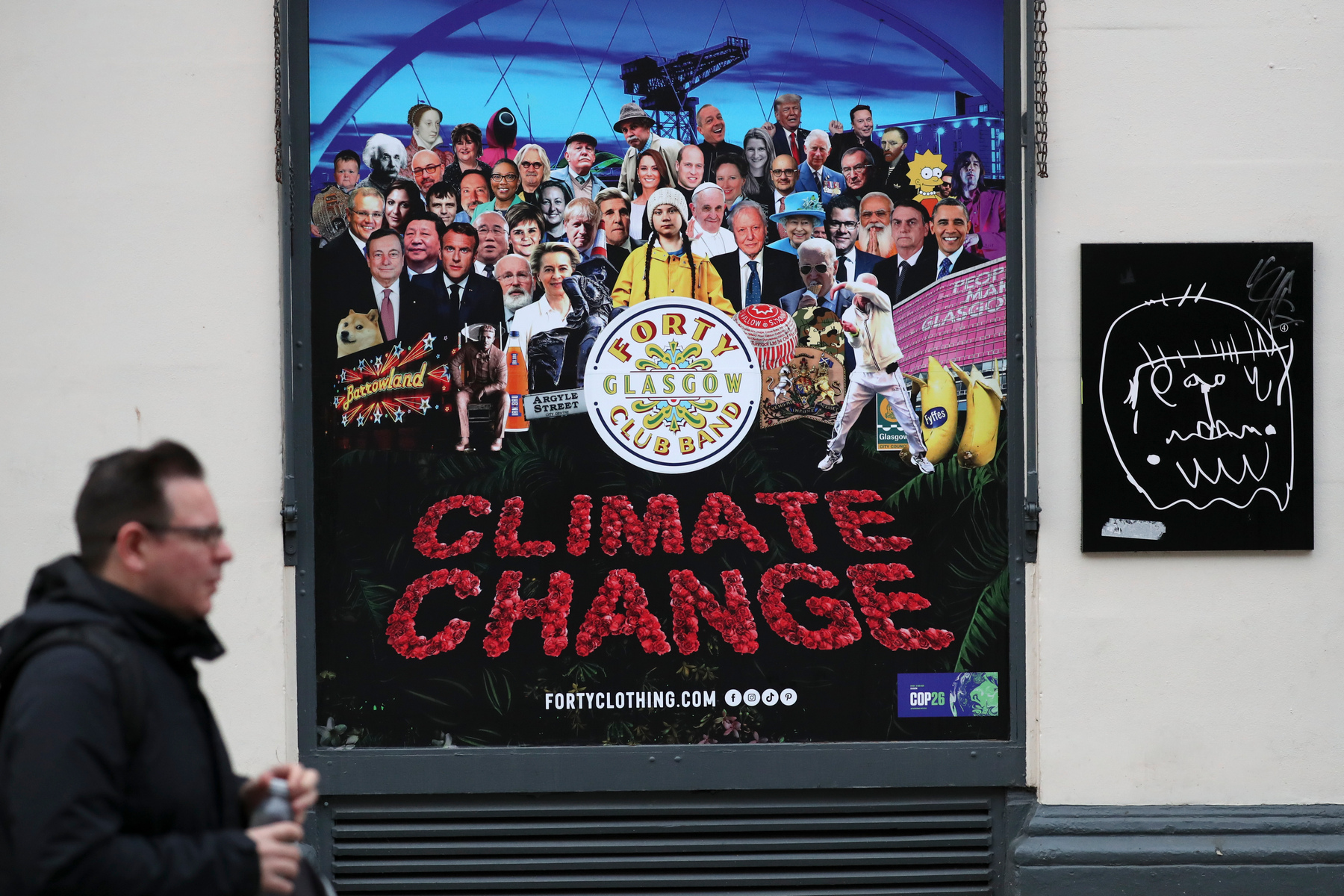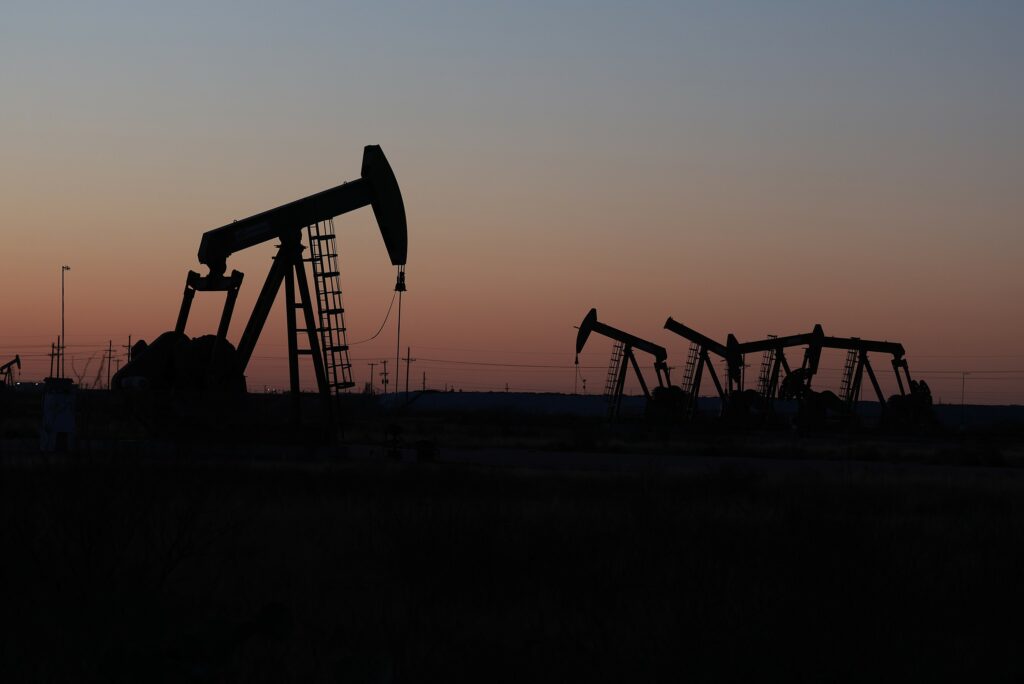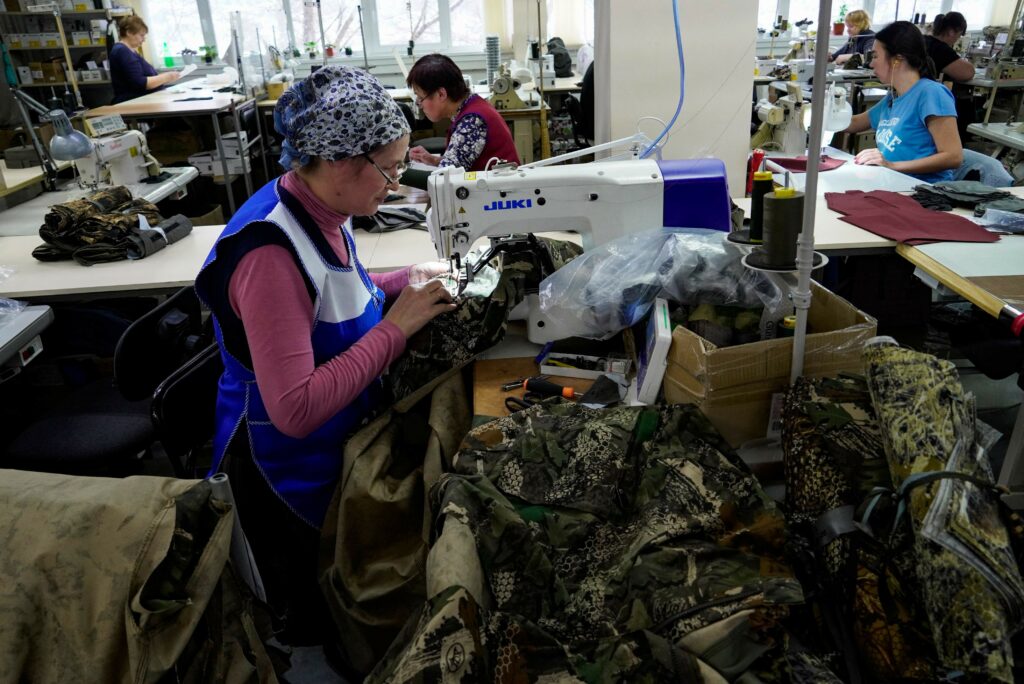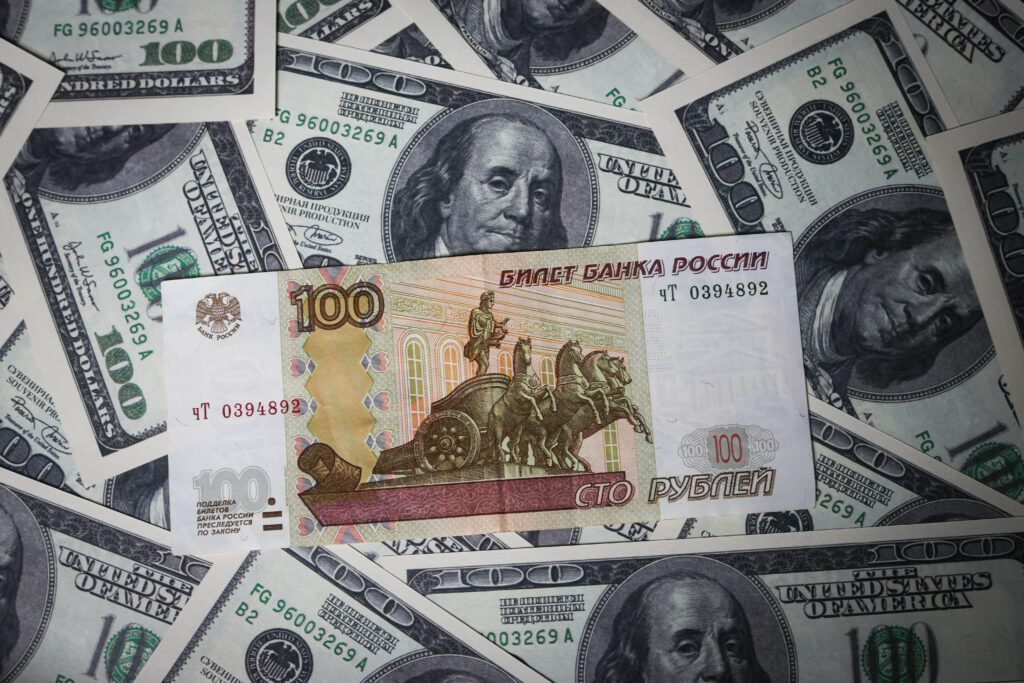This week, the 26th UN Climate Change Conference opens in Glasgow. It seemed Russia had started thinking seriously both about the process itself and about what the fight against global warming, which is unfolding around the world, might entail for the country. Articles and interviews appeared warning of a ‘departing train’, a ‘change of elites’ and a fatal transformation of the world economy. Now, however, it turns out that these were but empty words: President Vladimir Putin is not going to Glasgow; there are no clear-cut guidelines for decarbonisation in long-term development programmes; speeches by Russian officials, who openly state that the environmental agenda is being used by ‘world power centres in their interests’, look increasingly detached from reality. One gets the overwhelming feeling that the continuing rise in oil prices and soaring gas prices have forced the Kremlin to forget about what seemed to be a very serious problem.
Most of those who have been touting over the past few years how quickly petro-states will go bankrupt have proven to be just as adept forecasters as those who have been claiming for a decade that Putin’s regime is doomed to collapse quite soon. When energy transitions do take place, they are neither fast-paced nor dramatic. Today the world consumes more than 4 billion tonnes of oil and 7.7 billion tonnes of coal annually. Demand for these resources, not to mention gas, will not drop significantly on a global scale in ten or even twenty years. Although demand fell over the last two years compared to 2019, that was only because of the pandemic. The achievable goal is to stop the marked increase in consumption, and nothing more. According to recent estimates, the US, China and Saudi Arabia, despite the efforts of eco-activists, expect to increase, not decrease, fossil fuel production by 2030. At a time when even developed countries are still far from being fully self-sufficient in energy from renewable sources, this looks like a reasonable strategy.
Despite all the talks about shale gas and LNG, neither Gazprom’s sales nor prices have dropped. On the contrary, they have never been as high as they are now. This is why it is widely believed that, despite considerable price and demand fluctuations, the country’s economy and the well-being of its ruling class cannot be undermined. However, it is worth reflecting on what this entails.
There are two identifiable trends.
First, there is the general attitude and reaction to what is happening. Calmness and even satisfaction will almost certainly dominate in this sphere in the near future. There is still no reason to revise our earlier forecast that oil prices will reach $100 per barrel by the end of the year. Gas prices may stabilise at the level of $800–$1,000 per 1,000 cubic meters after the upcoming launch of Nord Stream 2, which would be an all-time record for Russian supplies (the Kremlin does not even benefit that much from the media hype, since it sells mostly at non-spot prices). Assuming an average oil price of $100/ barrel and an average gas price of $800 per 1,000 cubic meters in 2022, the additional export revenues will exceed $210 billion compared to 2019, which is comparable to the entire National Wealth Fund. A similar surplus to annual foreign exchange revenues was observed between 2002 and 2007. So far, high prices for traditional energy sources will ensure the current shape of the Russian economy and politics for five to seven years.
The second trend is the adjustment of economic policies inside the country. As export profitability rises, inflation will rise as well – prices in domestic and foreign markets are closely linked. In its attempts to keep inflation down, the government will use the only tools of administrative control it knows: from antimonopoly measures to ‘skimming off excess profits’ (this was discussed rather frankly during the recent talks between the government and metallurgists and in texts by Deputy Prime Minister Andrey Belousov, the main proponent of this ‘manual control’). Perhaps the measures proposed by officials will replenish the coffers (which are not empty in any case), but they do not offer any way forward, because talk of technological breakthroughs can only make you laugh: The general investment climate in the country and the departure of specialists and entrepreneurs do not bode well for modernisation. It is obvious that some sectors will receive a double blow: The metallurgists will not only be dispossessed by Russian officials, but the Europeans will start levying carbon taxes on their products from 2023–2024, which, according to the most conservative estimates, may cost Russian exporters more than EUR 1.1 billion in as little as five years from now. Such taxes and levies may cause even greater economic damage to Russia than a trivial reduction in revenues from energy exports.
As long as the EU does not become an ‘environmentally friendly’ and ‘carbon-neutral’ zone, revenues to the Russian treasury from the extractive industries will increase in parallel with the weakening of the role of export-oriented manufacturing industries, accompanied by highly original experiments carried out by the authorities. On the eve of the emergence of serious problems with sales of commodities in major markets (which, in our opinion, will transpire by the end of the 2020s), Russia may turn out to be even more dependent on commodities than it was at the beginning of the Putin era. This, coupled with clearly visible trends in domestic politics, is fraught with quite unexpected consequences.
A little more than a decade ago, in the aftermath of the global economic crisis of 2008–2009, China experienced for the first time a significant reduction in external demand for its products (its exports increased eight-fold from 1995 to 2008 and ‘only’ by 45% from 2009 to 2020). The Communist Party responded to this with large-scale measures aimed at expanding domestic consumption.
The situation in Russia will be different: The reduction in oil, gas and metals exports can be offset only an increase in production of relatively useless industrial products (this is exactly what Oleg Deripaska and other critics of the Ministry of Finance and Bank of Russia policy are already advocating, demanding an increase in loans to machine-building and heavy industry as a whole). Russia produced almost as much oil and gas in 2019 as the RSFSR did in 1989, and while the USSR exported 32% of its oil and 18% of its gas at the time, the figures for Russia in 2019 were 71.7% and 34.6%, respectively. For coal exports, the difference is even greater: 4.8% in 1989 and 44.8% in 2019. Figures for ferrous and non-ferrous metals are closer to coal figures rather than oil and gas figures.
Today, decarbonisation and the change in the global economic reality are considered in Russia from a purely financial point of view in the context of declining foreign currency revenues, disappearing budget flows and falling living standards. However, it is equally (if not more) important how such a turn will affect domestic policy and the country’s economic development. Russia is not just an oil addict, it is still quite firmly tied to the markets of countries that have declared ambitious decarbonisation goals: In 2019 more than 50% of Russian oil exports, 77% of gas and 48% of metallurgical products were shipped to the European market. So far, diversification includes China (which has also announced certain benchmarks in the area of the green economy): Oil supplies there in 2019 rose to almost 30% of total exports, and gas to 4%. Changes in the global energy balance and taxes on products with a strong carbon footprint will require Russia to refocus on the markets of those countries that are not too closely bound by trade relations with the EU and North America – that is, on obviously less solvent customers. Additionally, the struggle for these customers will be quite difficult, as Russia will not be the only one to face these problems. This ‘economic iron curtain’ would be similar to the one that existed during the Cold War, the difference being that the latter was built from within, and the former will be built from outside.
Many experts, including Russian liberals, have repeatedly suggested that the inaccessibility of Russia’s oil markets or a significant drop in energy prices would deplete the financial base of Putin’s regime and force the country to modernise. From the standpoint of the abstract logic of economic development, this is indeed the case. But it should be borne in mind that such modernisation can take place in an economy open to the world. Russia today is following an entirely different path, and it certainly will not open up to those who undermine the foundations of its so far materially decent existence. Moreover, Russia is lacking intellectual, rather than material, resources for modernisation. Also, there is no management system in place that takes into account modern trends and realities.
If the decarbonisation process gathers pace after a certain stall, we will see the manifestation of communist tendencies in the future; in the West they will manifest in the form of control of the forces of nature and the realisation of the slogan ‘from each according to their abilities, to each according to their needs’, while in Russia they will materialise in that wild image of political totalitarianism and planned economy from which we seem to have escaped thirty years ago. Although such a reaction on Russia’s part to the new technological revolution seems most likely, it is often disregarded.










